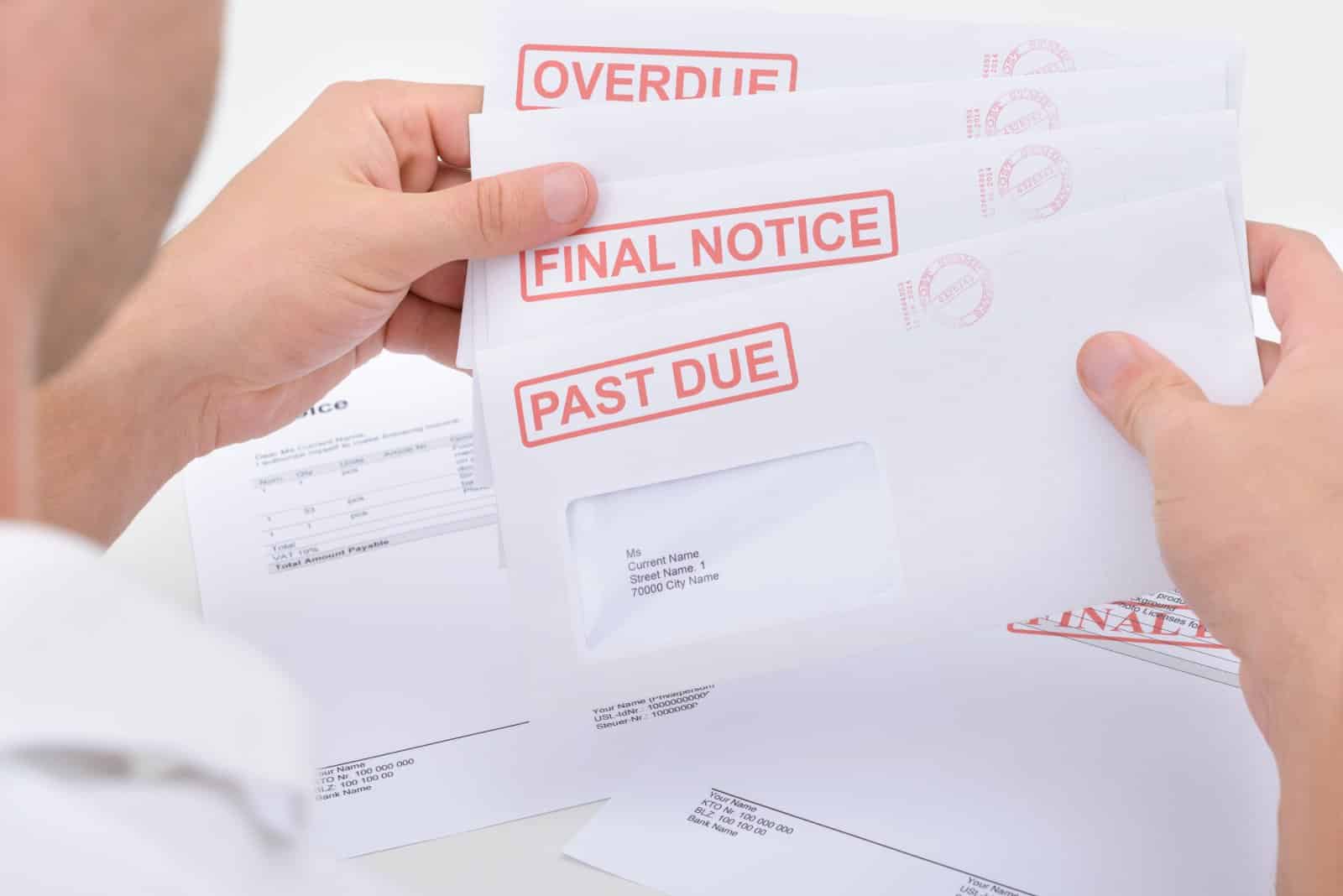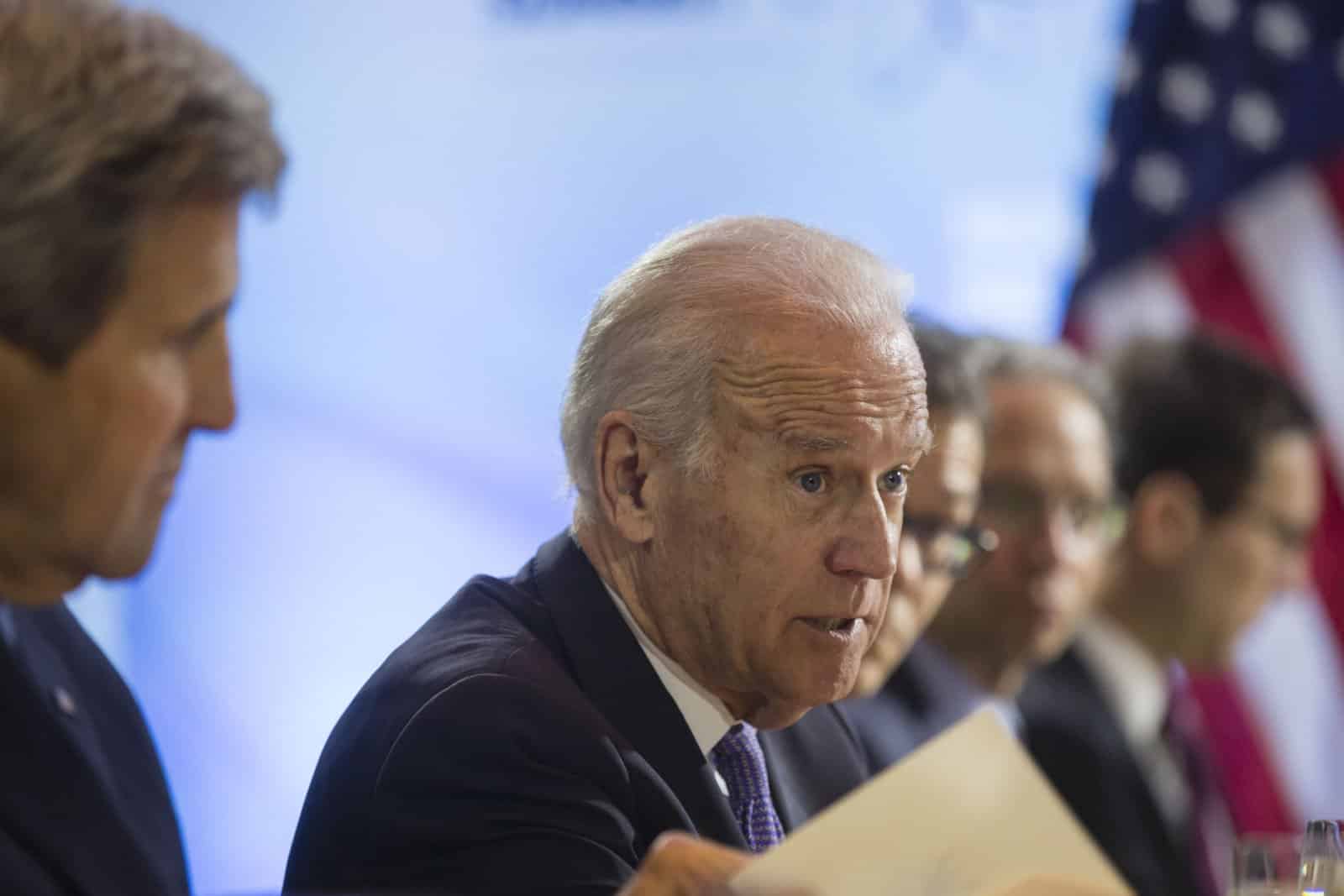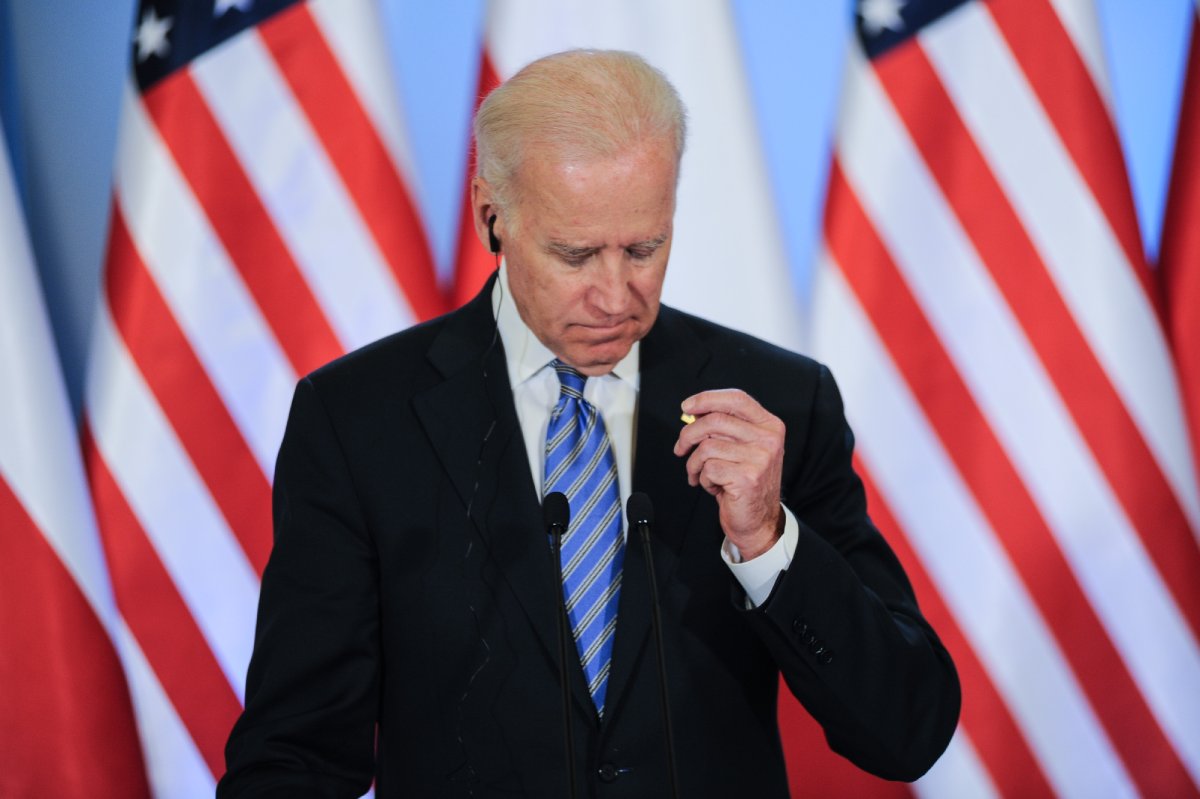The Biden administration is taking steps to put a cap on how much banks can charge consumers for being late on credit card payments. This proposal is causing quite the stir among banks and credit card companies. While the plan could save people billions, industry experts are concerned it might end up causing more problems than it solves.
A Bold Initiative

The Consumer Financial Protection Bureau (CFPB) is leading the charge against what they see as unfair charges by big credit card companies.
CFPB head Rohit Chopra wants to slash late fees to $8, saying it is necessary to stop credit card companies from making a fortune off customers for trivial errors and oversights.
Industry Backlash

Not everyone is on board with this idea. Figures like Rob Nichols, head of the American Bankers Association, are critical, arguing that the new rule could encourage more late payments and negatively impact people’s credit scores.
Concerns Over Consumer Impact

The banking sector warns that capping late fees could force them to tighten lending criteria and increase interest rates for everyone, not just those who pay late. This could mean even diligent payers might feel the pinch.
The Credit Line Conundrum

Financial experts worry that capping fees at a level below the actual costs incurred by banks could force issuers to reassess their lending practices. This may result in stricter standards for new accounts, affecting consumers’ access to credit.
Litigation and Legal Challenges

The U.S. Chamber of Commerce announced its intention to sue over the proposed changes, accusing the CFPB of exceeding its authority.
The Chamber’s Stance

There is a fear that punctual consumers may end up subsidizing the costs of those who pay late. This contention points to a broader critique of the regulation’s fairness and balance.
Consumer Redistribution vs. Protection

The Consumer Bankers Association has also criticized the policy goals of the rule, arguing that it aims to redistribute costs among consumers rather than offer them genuine protection.
Unintended Consequences

Some see the proposed cap as a well-intentioned measure that might backfire, leading to fewer credit card offerings and a contraction in the availability of affordable credit.
These potential outcomes have sparked a debate on the best approach to protecting consumers.
Examining the $8 Fee Cap

The CFPB’s proposition sets a significantly lower threshold for late fees than current averages. By proposing a cap of $8, the bureau aims to cut down on what it sees as unnecessary and excessive charges that disproportionately affect consumers.
Potential for Higher Fees Under Certain Conditions

Despite the proposed cap, the CFPB’s “show your work” provision allows banks to charge higher fees if they can justify the costs. This element of the rule offers some flexibility but also raises questions about its practical implementation.
Industry’s Financial Concerns

The American Bankers Association has signaled that the $8 cap is substantially lower than the costs banks face when managing late payments. This discrepancy fuels the industry’s resistance and concerns over the rule’s feasibility.
A Matter of Consumer Fairness

Supporters of the cap argue that the current system disproportionately penalizes consumers for minor infractions, like late payments, with excessive fees that contribute significantly to banks’ profits at the expense of the financially vulnerable.
The Broader Economic Implications

The debate over the late fee cap touches on larger questions about consumer protection, the role of regulation in the financial industry, and the balance between corporate profitability and consumer fairness.
Legal and Regulatory Outlook

As legal challenges to the proposed rule mount, the future of the late fee cap remains uncertain. The outcome of these disputes could have lasting implications for both the regulatory environment and consumers’ wallets.
A Call for Careful Consideration

As the Biden administration moves forward with its initiative to cap credit card late fees, the financial industry’s backlash highlights the need to balance the interests of consumers and the industry.
The post Finance Industry Pushes Back Against Biden’s Credit Card Fee Caps first appeared on Swift Feed.
Featured Image Credit: Shutterstock / Fotophoto.

